Current Fellows

Portia Allen-Kyle
Fellow, Tax

Sarah Bloom Raskin
Senior Fellow

Jessica Calarco
Fellow, Stratification Economics
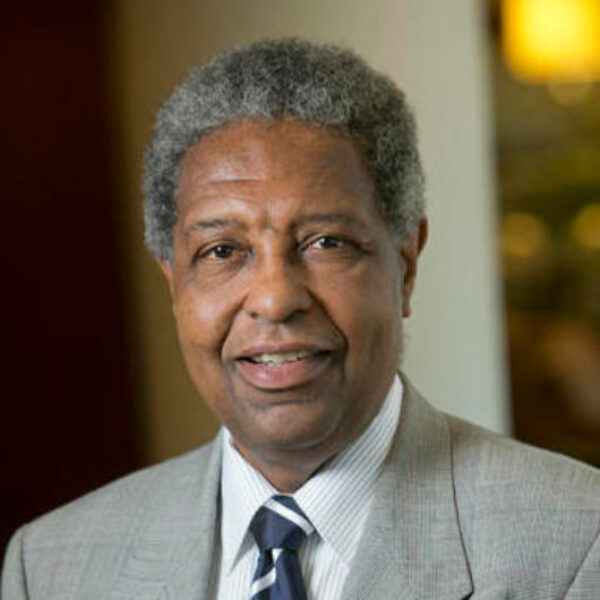
William Alexander Darity Jr.
Senior Fellow

Daniel Driscoll
Fellow, Climate Policy
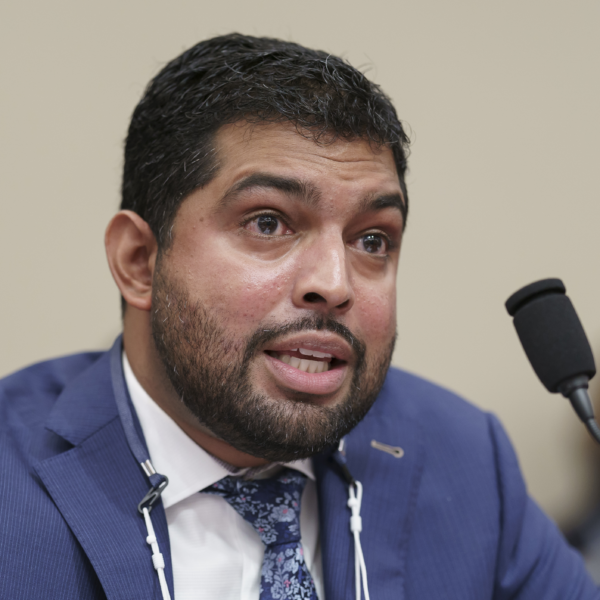
Indivar Dutta-Gupta
Fellow, Tax

Sameera Fazili
Senior Fellow
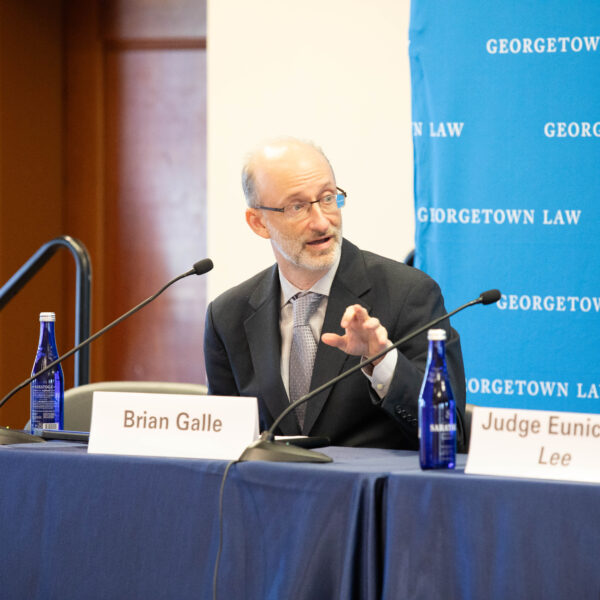
Brian Galle
Fellow, Tax

Anna Gifty Opoku-Agyeman
Graduate Fellow, Macroeconomics

Sarah Jane Glynn
Fellow, Macroeconomic Analysis

Erin Graham
Fellow, Industrial Policy and Trade
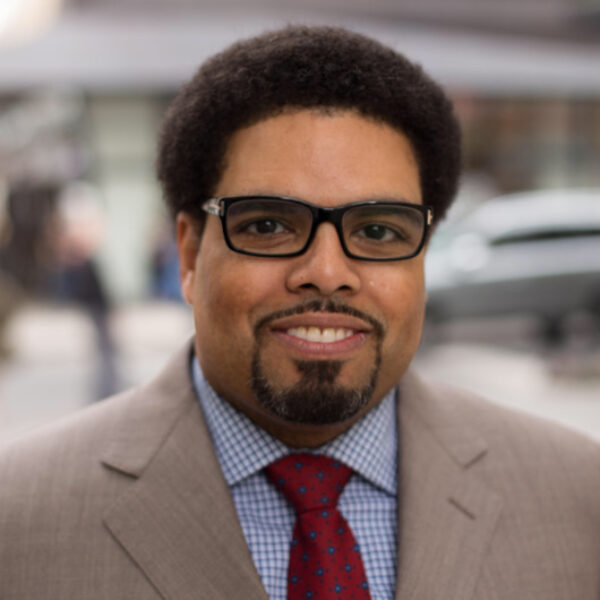
Darrick Hamilton
Senior Fellow

Michelle Holder
Senior Fellow

Daniel Martinez HoSang
Fellow, Race and Democracy

Betony Jones
Senior Fellow, Economic Fellows Project
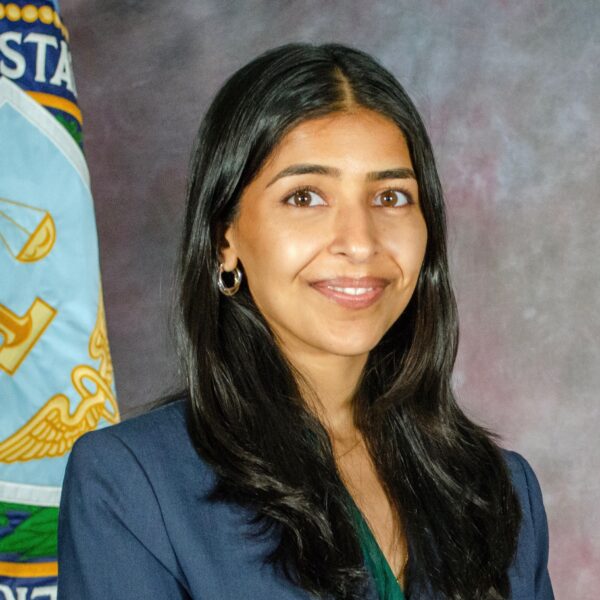
Zehra Khan
Fellow, Economic Fellows Project

Juniper Katz
Fellow, Climate Policy
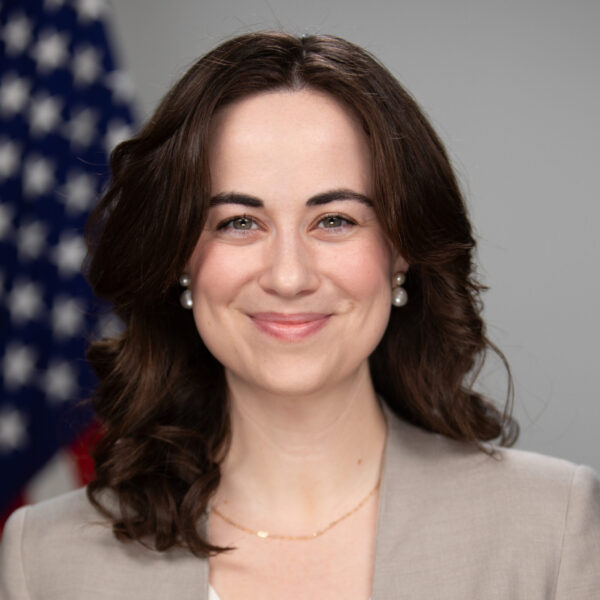
Jamie Keene
Fellow, Stratification Economics
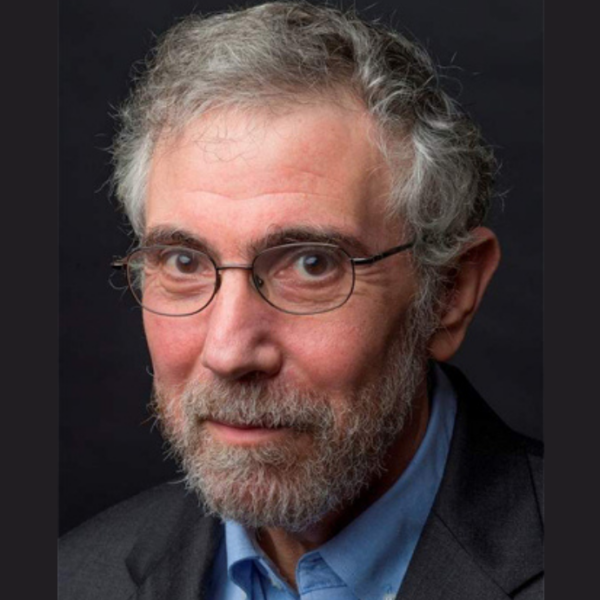
Paul Krugman
Senior Fellow

Osita Nwanevu
Fellow, Democratic Institutions
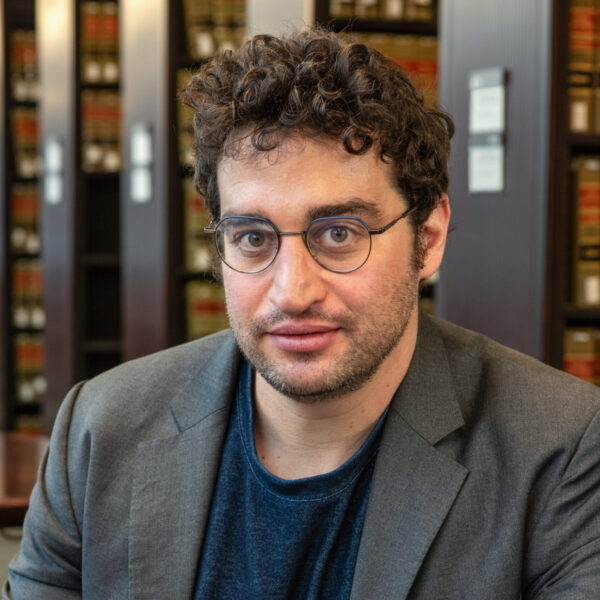
Joshua Macey
Fellow, Corporate Power
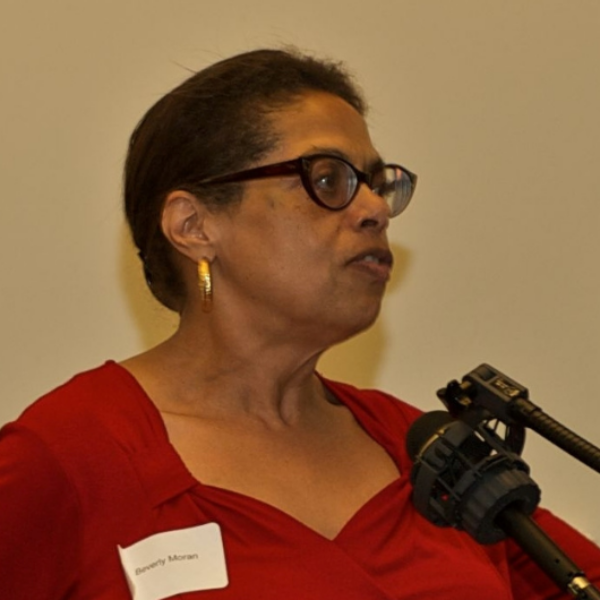
Beverly I. Moran
Senior Fellow

Saule Omarova
Senior Fellow

Lenore Palladino
Senior Fellow
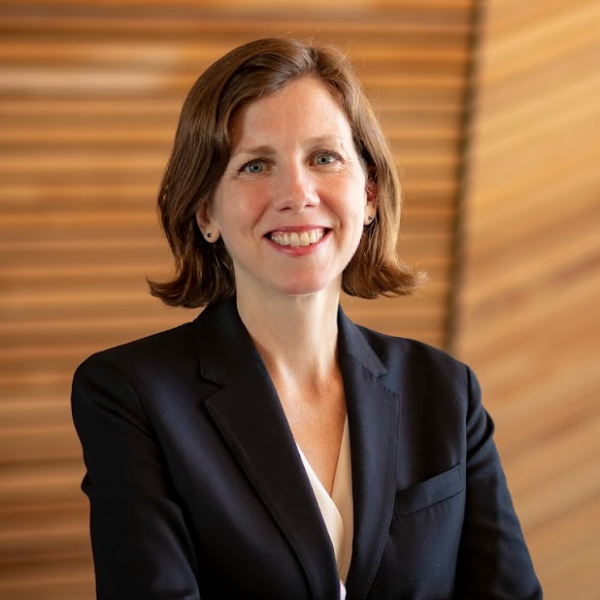
Rachel Rebouché
Fellow, Democratic Institutions
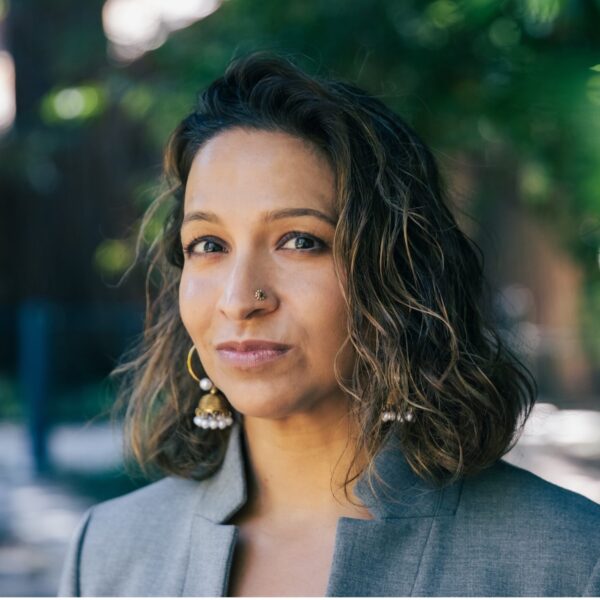
Diana Reddy
Fellow, Worker Power and Economic Security

Ned Resnikoff
Fellow, Housing
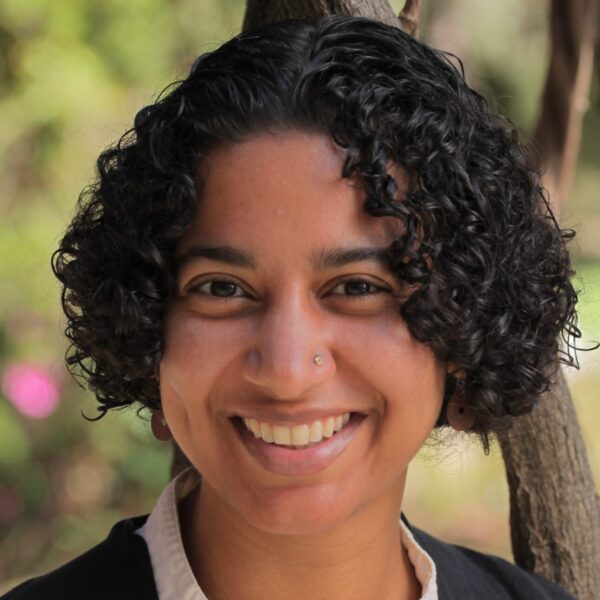
Zawadi Rucks-Ahidiana
Fellow, Stratification Economics

Benjamin Schoefer
Fellow, Worker Power and Economic Security

Regina Seo
Fellow, Worker Power and Economic Security

Samantha Shorey
Fellow, AI

Jonathan Soros
Senior Fellow

Graham Steele
Fellow, Financial Regulation

Joseph Stiglitz
Chief Economist and Senior Fellow

Isabella Weber
Fellow, Climate Policy

David B. Woolner
Senior Fellow and Resident Historian

Miranda Yaver
Fellow, Healthcare
Past Fellows
David Arkush
Former Fellow
Kate Aronoff
Former Fellow
Marshall Auerback
Former Fellow
Sadhika Bagga
Former Fellow
Mehrsa Baradaran
Former Fellow
Annette Bernhardt
Former Fellow
Deepak Bhargava
Former Senior Fellow
Jhumpa Bhattacharya
Former Fellow
Justin Bloesch
Former Fellow
Ellen Chesler
Former Fellow
Susan Crawford
Former Fellow
Bowman Cutter
Former Fellow
Joana Duran-Franch
Former Fellow
Albert Thomas Ferguson
Former Fellow
Rhiana Gunn-Wright
Former Senior Fellow
Beth Gutelius
Former Fellow
Hiba Hafiz
Former Fellow
Jenn Harris
Former Fellow
Bracken Hendricks
Former Fellow
Diana Hernández
Former Fellow
Alexander Hertel-Fernandez
Former Fellow
Robert Johnson
Former Fellow
Gregory Kaufmann
Former Fellow
Jee Kim
Former Fellow
Richard Kirsch
Former Fellow
Nathan Lane
Former Fellow
Julie Margetta Morgan
Former Fellow
J.W. Mason
Former Senior Fellow
Michael A. McCarthy
Former Fellow
Lev Menand
Former Fellow
Heather Milner
Former Fellow
Suresh Naidu
Former Fellow
Lindsay Alexandra Owens, PhD
Former Fellow
Mark Paul
Former Fellow
Todd Phillips
Former Fellow
Sanjay Pinto
Former Fellow
Anne Price
Former Fellow
Kitty Richards
Former Fellow
Jacob Robbins
Former Fellow
Brishen Rogers
Former Fellow
Adrien Salazar
Former Fellow
Sanjukta Paul
Former Fellow
Aaron Sojourner
Former Fellow
David Stein
Former Fellow
Marshall Steinbaum
Former Fellow
Rich Stolz
Former Fellow
Alissa Vladimir
Former Fellow
Dorian Warren
Former Fellow
Naomi Zewde
Former Fellow